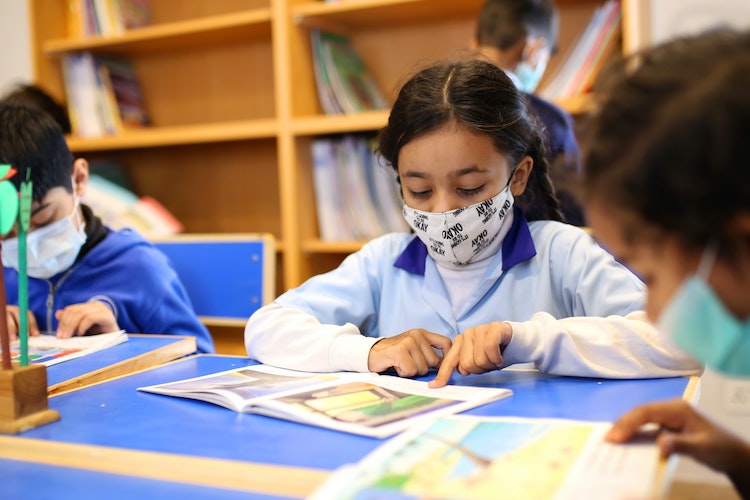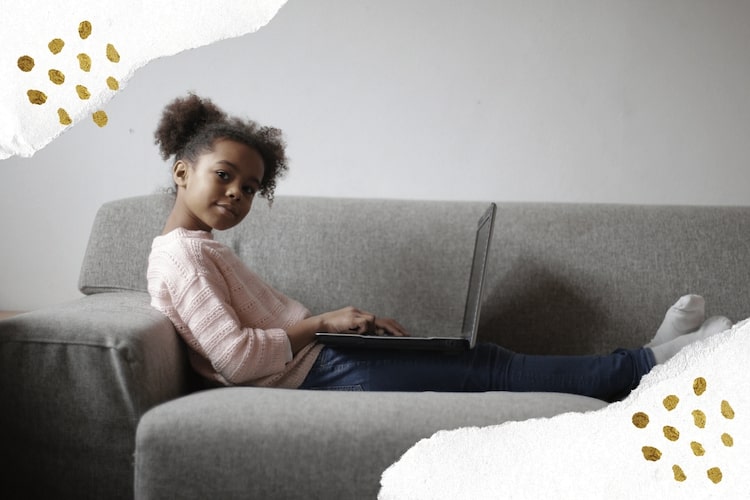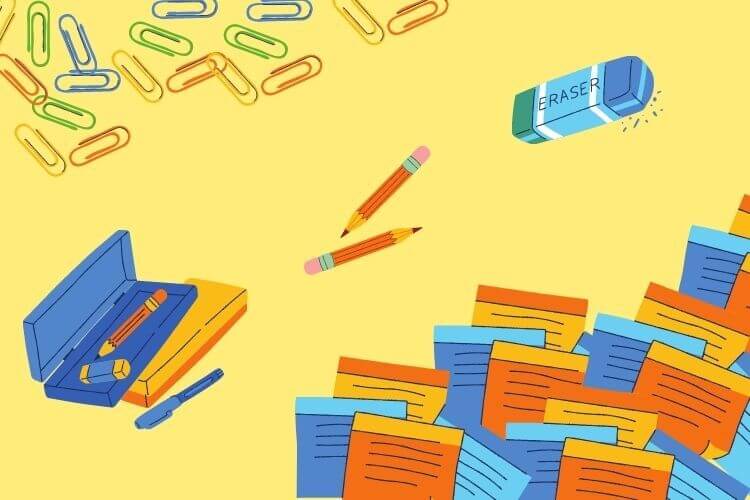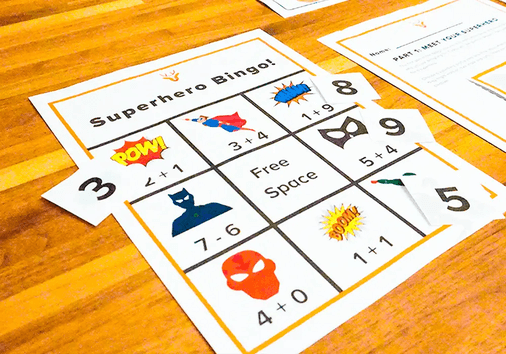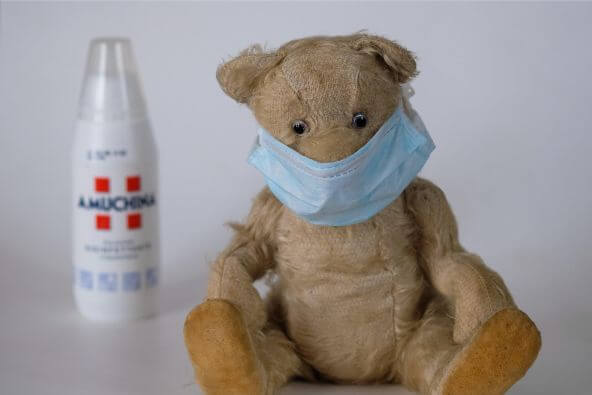
There are no parenting books on pandemics. And for many of us, questions like “How do I talk to my child about Coronavirus? How much should I share with them? How can I keep my children calm, continue to urge them to build supportive relationships, but also prioritize social distancing?” have become all consuming.
How can I keep my children calm, build supportive relationships, but also prioritize social distancing during COVID?
1. Answer questions clearly and honestly, but be developmentally appropriate.
Depending on the age of your child, they may ask direct questions about Coronavirus or share information (or misinformation) they heard at school. Volunteering too much, or too little information, may be overwhelming or anxiety inducing, respectively. Be prepared to answer their questions or correct any misinformation they may have heard. Keep your answers short, simple, and consistent. Your children will also be watching your non-verbal cues; showing them your calm, collected, but serious self should help their anxiety levels. Harvard University’s Health Center also suggests limiting children’s consumption of Coronavirus content, watching the news after children’s bedtime, and reading “news independently so that children do not hear the stories."
2. Set the emotional tone.
Some little ones may not fully grasp what is happening, but are expressing fear, stress, concern, and anger, likely due to the significant changes to their routines, which may “interfere with their sense of structure, predictability, and security.” Model calmness and talk to your children about why their schedules and routines are changing. Allow them time to express their emotions, what may be feeling or what makes them scared. Have them actively participate (if and when they can) in thinking through what their new schedule will look like, and the expectations associated with each part of the day.
3. Share what they can do to help and empower them to own those actions.
Explain the importance of social distancing and hand washing using words and analogies they understand. You know your child best. If they love trains, explain to them how and why we need to stay at least 6 feet apart from each other using your child’s toy trains. If their favorite song is from Frozen, sing frozen songs while washing hands. Remind them that hand washing is not just for the Coronavirus, it is something we did every day before this, and will continue to do every day after. According to Dr. Joshua Klapow at University of Alabama at Birmingham, “stress that right now we are going to be extra careful to wash all the germs off of our hands. By normalizing the behavior, which is in fact a normal hygiene behavior, we empower children because they mostly know how to do the action.”
4. Reassure them that they are safe.
This is key. This reassurance should happen more than once, but expressed in different ways. Remind your little ones that sleeping well, eating healthy foods, thinking positive thoughts, and washing hands helps keep us healthy and safe. Making yourself available to your little ones should help with this immeasurably.
“Remind your little ones that sleeping well, eating healthy foods, thinking positive thoughts, and washing hands helps keep us healthy and safe.”
5. Practice Mindfulness.
“Children are very egocentric, so hearing about the coronavirus on the news may be enough to make them seriously worry that they’ll catch it.”4 This is a scary time for many of us, and children are not immune to this stressor caused by Coronavirus.
Set time aside everyday with your little ones to take a breathing break, talk about feelings, practice relaxation strategies, and focus on the present. Fear, anger, and anxiety are all feelings many children (and adults) are struggling with, but setting meaningful time aside everyday can help manage those emotions.
Interested in learning more about Dearest? Visit www.dearest.io/parents/home for more information or email us at hello@dearest.io!

